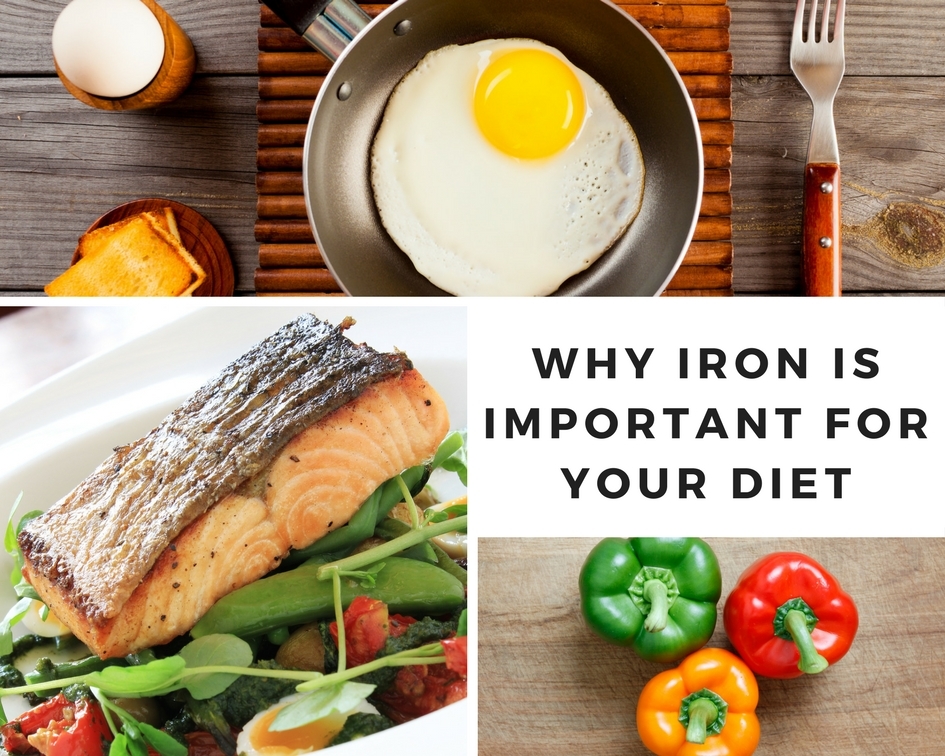Iron is a crucial nutrient. It has many important roles in the body but most notable is its involvement in oxygen transport within our red blood cells. It is also vital for energy production and metabolism as well as supporting the immune system.
Iron deficiency anemia is the most common nutrient deficiency in the modern world. Those who are low in iron may have symptoms such as cold intolerance, fatigue, easy bruising, and/or get sick often. It’s important to get screen regularly as well as make sure you have a steady supply of iron in your diet. Populations who may be at higher risk for low iron levels are pregnant women, menstruating women, low-calorie dieters, the elderly, those who take antacids regularly, vegans and vegetarians.
There are two forms of iron. Non-heme iron is the type of iron found in plant sources such as beans and certain vegetables like Swiss Chard, spinach, and kale. Heme iron is found in animal sources and is 3x more absorbable than iron from plant sources. The best sources of heme iron are meat, poultry, and eggs. Therefore, vegetarians must consume 50% more iron to make up for the lack of absorbability of non-heme iron in plant foods.
Interestingly, the amount of iron you absorb depends on how much your body thinks it needs or how much was consumed at the last meal. The absorption is tightly regulated in the body since there is no way to get rid of it once it is absorbed.
A few things can help enhance your absorption of iron in a meal including the presences of vitamin C, animal protein, and appropriate levels of stomach acid (those that take acid neutralizers may be at higher risk for iron deficiency).
Things that may decrease iron absorption are fiber, tannins (like in wine), polyphenols (like in tea), and oxalates/phytates (natural compounds found in vegetables). Spinach is a good source of iron, but not the best as Popeye lead us to believe. While high in iron, it actually contains compounds that inhibit the absorption of the iron.
However, pairing iron rich foods such as lean red meat, poultry, seafood or eggs with a high vitamin C vegetable such as bell peppers or broccoli is the best way to increase your iron levels. If you do not consume animal products, eat a generous number of legumes, whole grains, nuts, and seeds. Remember you will need to eat more iron rich foods to get the recommended amount!
